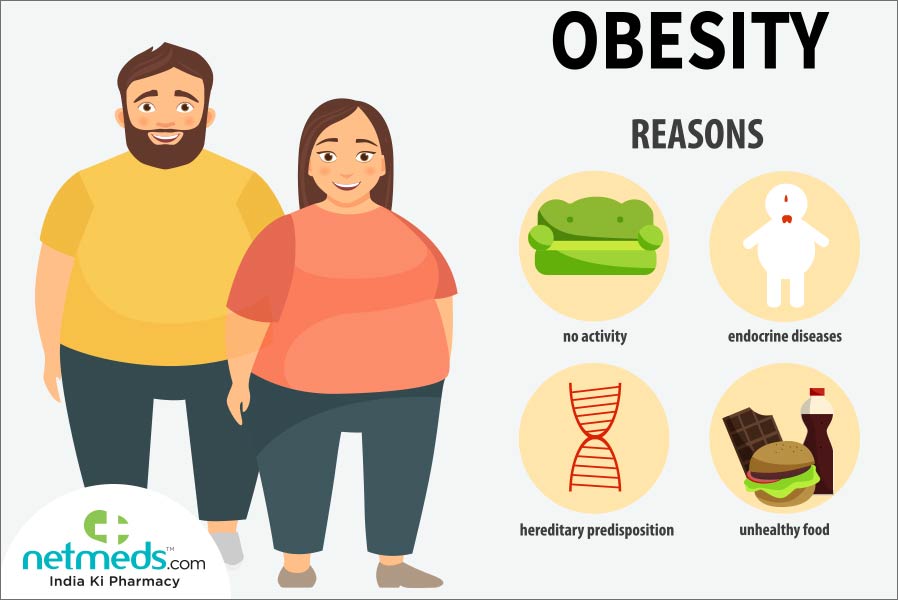Overweight and obesity are two conditions that have become increasingly common in modern society, affecting people of all ages and backgrounds. According to the World Health Organization (WHO), obesity is defined as having a body mass index (BMI) equal to or greater than 30, while overweight is defined as having a BMI equal to or greater than 25. These conditions can lead to a range of health problems, including cardiovascular disease, diabetes, and some types of cancer.
In recent years, the prevalence of overweight and obesity has been increasing rapidly, with nearly two billion adults worldwide being overweight or obese in 2016. This trend is especially concerning in children, as childhood obesity has become one of the most significant public health issues of our time. In the United States, for example, one in five children is considered obese, and this trend is mirrored in many other developed countries around the world.
One of the primary causes of overweight and obesity is an unhealthy diet. Modern diets are often high in processed foods and sugar, which can lead to weight gain over time. Additionally, many people eat larger portions than they need, leading to a calorie surplus and, eventually, weight gain. In some cases, genetics may also play a role in the development of obesity, although this is less common than lifestyle factors.
Another contributing factor to the rise of overweight and obesity is a lack of physical activity. In today’s world, many people have sedentary jobs and spend much of their leisure time sitting in front of screens. This lack of movement can lead to weight gain over time, as the body burns fewer calories when it is inactive. Furthermore, modern transportation options, such as cars and public transportation, have made it easier for people to avoid walking or cycling for daily commutes and errands.
The consequences of overweight and obesity can be severe. People who are overweight or obese are at a higher risk for a range of health problems, including heart disease, stroke, diabetes, and some types of cancer. They may also experience joint pain, difficulty sleeping, and a reduced quality of life. In addition, obesity can lead to social stigma and discrimination, which can further negatively impact a person’s mental and physical health.
Preventing overweight and obesity requires a combination of lifestyle changes and public health initiatives. Individuals can take steps to manage their weight by adopting a healthy diet and increasing physical activity. This may involve reducing portion sizes, choosing nutrient-dense foods, and engaging in regular exercise. Public health initiatives can also play a significant role in preventing obesity, such as promoting healthy eating in schools and workplaces, improving access to fresh produce in low-income areas, and creating more opportunities for physical activity in communities.
Overweight and obesity are serious health concerns that have become increasingly common in modern society. These conditions are caused by a range of factors, including an unhealthy diet, lack of physical activity, and genetics. The consequences of obesity can be severe, including an increased risk for chronic diseases and reduced quality of life. Preventing obesity requires a combination of individual efforts and public health initiatives, such as promoting healthy eating and physical activity. By taking action to prevent and manage overweight and obesity, individuals and communities can improve their health and wellbeing.

